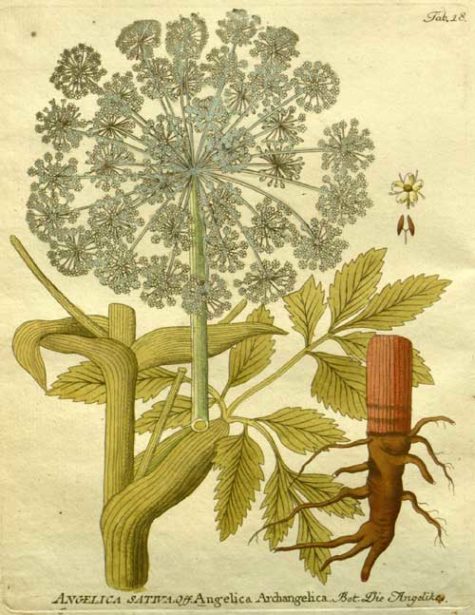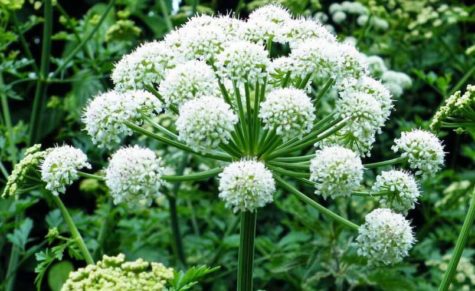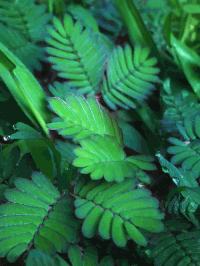Grounding
Angelica
- Scientific Name: Angelica archangelica
- Plant Family: Umbelliferae
- Parts Used: Root, seed, stems
- Actions: Alterative, Antimicrobial, Aromatic, Bitter, Carminative, Circulatory Stimulant, Diaphoretic, Diffusive, Emmenagogue, Expectorant, Grounding, Nervine
Notes: Angelica archangelica is not the same plant as Chinese Angelica (A. sinesis), often referred to as dong quai or dang gui. There are about 30 varieties of Angelica, but Angelica archangelica is the only one officially employed in medicine.
Cautions: Use care when wildcrafting, as it resembles both Queen Anne’s Lace (a benign wild carrot) and Water Hemlock (a poisonous plant).
The Basics:
Angelica is a stunning white flower that looks like a white starburst exploding across the green hillsides. One of Iceland’s most cherished herbs, it is not only beautiful, but also appreciated as a nutritious food, a liqueur and an herbal remedy. The roots and stems can be boiled or pickled and are considered a delicacy in all of Scandinavia. The stems were used to make a musical flute, as well as flavor reindeer milk or be crystallized in sugar for desserts.
Angelica is a veritable giant in the herb world. The towering plant is widely traveled and has a background rich in herbal lore. Use has been made of leaves, stems, roots, and seeds in cooking and in medicine.
Angelica is used for heartburn (dyspepsia), intestinal gas (flatulence), loss of appetite (anorexia), overnight urination (nocturia), arthritis, stroke, dementia, circulation problems, “runny nose” (respiratory catarrh), nervousness and anxiety, fever, plague, and trouble sleeping (insomnia).
According to WebMD, Angelica contains chemicals that might kill cancer cells and fungus, reduce anxiety, and settle the stomach.
Some women use Angelica to start their menstrual periods. Sometimes this is done in hopes of causing an abortion. Angelica is also used to increase urine production, improve sex drive, stimulate the production and secretion of phlegm, and kill germs.
Some people apply Angelica directly to the skin for nerve pain (neuralgia), joint pain (rheumatism), and skin disorders. In combination with other herbs, Angelica is also applied to the skin for treating premature ejaculation.
Angelica is also used as a smell in aromatherapy to reduce symptoms associated with quitting tobacco (nicotine withdrawal).
It should be noted that Angelica has a tendency to increase the sugar in the urine, so those with a tendency to diabetes should avoid it.
A strong volatile oil is present in all parts of the plant, but especially in the root, and Angelica is effective as a general tonic. Eating Angelica stalks is said to relieve flatulence and soothe “a feeble stomach.”
Drinking Angelica tea is said to promote urine and perspiration. It is also reputed to cause a strong dislike for alcohol and is sometimes used as a treatment for alcoholics.
Strain the tea to make a cool bath for tired eyes or a wash to cleanse the skin. The scented leaves are an ingredient in potpourri. Bees and wasps are attracted by the abundant nectar on Angelica flowers.
Continue reading
Rennie Luttrull: queen-annes-lace-seeds
Rosanna: Spignel aka Bald Money
Annamarie Squatrito: Fumitory
EILEEN Klinghagen: Pumpkin
Mahmudul Hasan: Celery



